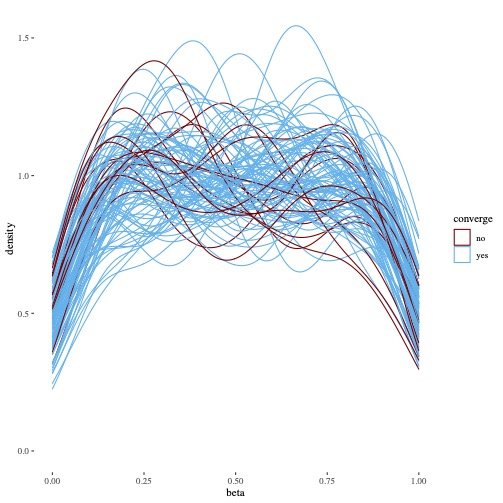Modern Wage Dynamics (version 1.0.0)
The Modern Wage Dynamics Model is a generative model of coupled economic production and allocation systems. Each simulation describes a series of interactions between a single aggregate firm and a set of households through both labour and goods markets. The firm produces a representative consumption good using labour provided by the households, who in turn purchase these goods as desired using wages earned, thus the coupling. The model employs a variant of efficiency wage theory where worker effort is a function of the wage they receive, and production is based on effective effort rather than worker hours. The households have independent and dynamic effort-wage response functions. The firm has incomplete information with regards to the aggregate households’ effort response function and demand, and attempts to learn these relationships over time.
Each model iteration the firm decides wage, price and labour hours requested. Given price and wage, households decide both effort and hours worked based on their effort response functions and a utility function for leisure and consumption. A labour market construct chooses the minimum of hours required and aggregate hours supplied, and aggregates the effort provided. The firm then uses these inputs to produce goods. Given the hours actually worked, the households decide actual consumption and a market chooses the minimum of goods supplied and aggregate demand. The firm uses information gained through observing market transactions about effort and consumption demand to refine their conceptions of the population’s effort-wage response and demand.
The purpose of this model is to explore the general behaviour of an economy with coupled production and allocation systems, as well as to explore the effects of various policies on wage and production, such as minimum wage, tax credits, unemployment benefits, and universal income.

Modern Wage Dynamics version 1.0.0 prepared for Summer School 2022: “Mathematics of Complex Social Systems”, June 9-17, 2022, at Zuse Institute, Berlin, Germany.
Run the model from the command line by calling the main.py script without arguments. Edit the series_parameters.py file to set output file location and parameter values.
v1.0.0 dependencies: Python 3.8 (scikit-learn 1.0.2, numpy 1.22.3, pandas 1.4.1)
This is a companion discussion topic for the original entry at https://www.comses.net/codebases/76a4fad5-d7ac-423d-9025-27f921a1283c/releases/1.0.0/